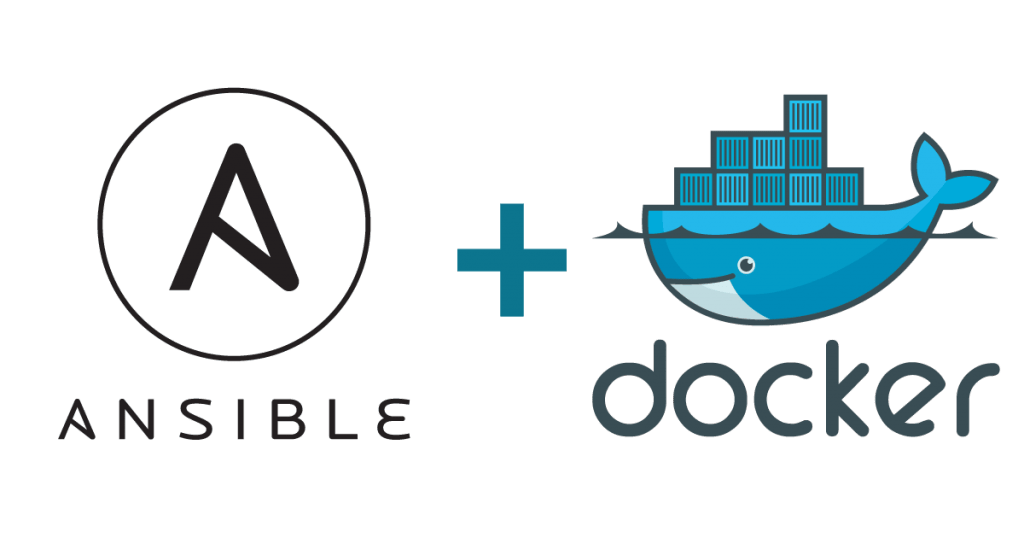If you’re in IT, you must be heard about Ansible. CIO calls it the DevOps “darling” for software automation, in recent times Ansible has come from nowhere to be the No. 1 choice for software automation in many organizations. StackShare lists shows that more than 1,000 companies that use Ansible, including Intel, Evernote, and Hootsuite, and the Ansible. Also Apple and NASA have adopted it as well. So, what is Ansible, and why has it gained popularity so quickly?
What is Ansible?
Ansible is an open-source automation tool, or you can also called platform, used for IT tasks such as configuration management, application deployment, intraservice orchestration, and provisioning. Automation is crucial these days, with IT environments that are too complex and often need to scale too quickly for system administrators and developers to keep up if they had to do everything manually.
In other words, it frees up time and increases efficiency. And also it is rapidly rising to the top in the world of automation tools.
Let’s take a look on some of the features of Ansible
- Configuration Management
- Application Deployment
- Orchestration
- Security and Compliance
- Cloud Provisioning
Now that we have seen what Ansible is, let us find out the various Benefits of Ansible.
Benefits of Ansible
- Free: Ansible is an open-source tool.
- Very simple to set up and use: No special coding skills are necessary to use Ansible’s playbooks.
- Powerful: Ansible lets you model even highly complex IT workflows.
- Flexible: You can orchestrate the entire application environment no matter where it’s deployed. You can also customize it based on your needs.
- Agentless: You don’t need to install any other software or firewall ports on the client systems you want to automate. You also don’t have to set up a separate management structure.
- Efficient: Because you don’t need to install any extra software, there’s more room for application resources on your server.
Advantages of Using Ansible especially with Docker

Ansible does a great job of automating Docker and operationalizing the process of building and deploying containers. If you’re someone from a traditional IT system, for example, it can be hard to add container-tooling functionality. But Ansible removes the need to do processes manually.
There are four main advantages of using Ansible with Docker:
- Portability/Flexibility
- Auditability
- Management of Entire Environments
- Similar Syntax
Conclusion
As we discuss earlier using Ansible with Docker simplify your processes by allowing you to work with containers and to automate all that work, It’s no wonder the Ansible-Docker combination is so popular. And learning how to use Ansible with Docker won’t just benefit your organization, it also benefits you on your Payscale, according to Payscale, the average salary of a developer with Ansible skills is $110,000 per year, and some developers earn even more. According to Dice, Ansible is the highest-paying DevOps skill.
If you find this article helpful and you grab any informative knowledge about Ansible and if you also want to learn Ansible skill, then I would glad to suggest you the best online institute to learn and training of Ansible where they provide you the best trainer and guidance with experience of more than 10 years of this field.
Recommended institutes
I hope this Blog will be helpful for you!!!
- Which cloud service is the best, AWS or Microsoft Azure? - August 1, 2023
- Where can I start to learn Azure DevOps? - October 4, 2021
- Is an AWS certification right for a beginner? - October 2, 2021
